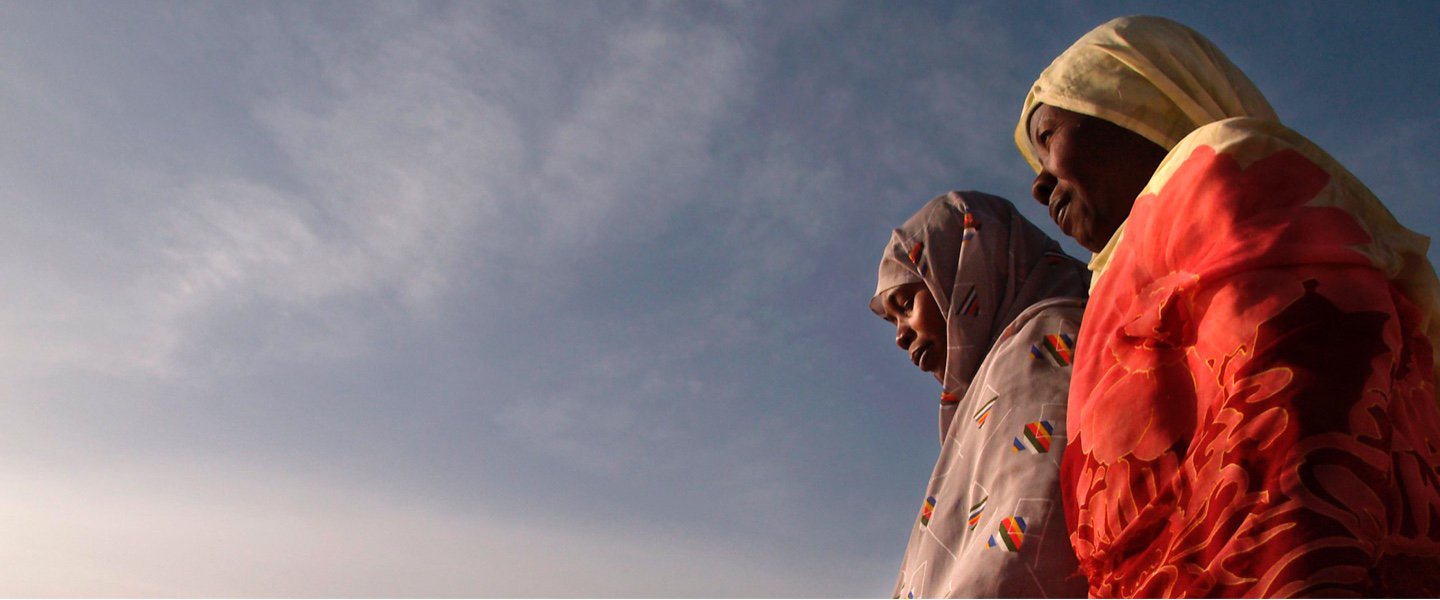Addressing climate and development together is a priority for IDA, and will be critical to building the resilience needed to withstand future shocks and seizing economic opportunities to create more and better jobs in a greening global economy.
IDA20 will support the climate change agenda through eight policy commitments. Collectively, the commitments will support large scale climate interventions in adaptation and mitigation, decarbonization objectives, and protection of biodiversity and natural capital. It will also step-up support for clean energy, and build preparedness for disasters and crises, including food insecurity.
IDA20 has innovations that will further strengthen climate action. These are the rollout of Country Climate Development Reports; alignment with the Paris Agreement; and introduction of targeted support to the financial system to address climate-related risks and mobilize capital for low-carbon, resilient investments.
Addressing the impacts of climate is one of the greatest challenges of our time, yet IDA’s support over the years is yielding results:
- Securing reliable energy access: In Ethiopia, the Bank is supporting the National Plan through a $375 million IDA credit, which is helping bring electricity to one million households, and piloting new approaches for off-grid electrification.
- Strengthening climate adaptation in the transport sector: In the small island states of Samoa, Tonga, Tuvalu, and Vanuatu, the Pacific Climate-Resilient Transport Program is increasing climate resilience of this vulnerable sector.
- Tackling food insecurity and systems resilience: The West Africa Agricultural Productivity Program helped develop climate-smart varieties of staple crops, such as rice, banana plantain and maize in 13 countries; while multi-programmatic investments in food systems resilience worth $2.3 billion in Madagascar and Ethiopia are enhancing inter-agency food crisis response and boosting agricultural production.
- In Yemen, IDA worked with UNDP to conserve water and enhance the climate resilience of vulnerable communities. The project helped the construction of 1,279 public and 30,686 household rainwater harvesting reservoirs and cisterns across Yemen, providing nearly 900,000 cubic meters of clean water. Additionally, it installed eight solar photovoltaic (PV) water pumping systems for municipal water wells and 40 systems for rural communities’ water wells.
Last Updated: Mar 30, 2023




